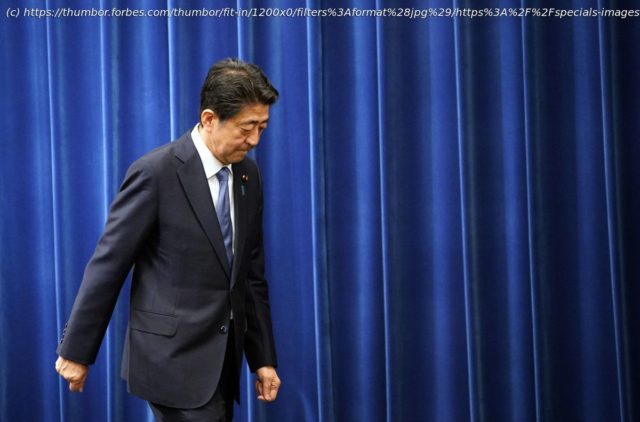Markets were spooked by the return of political uncertainty in Japan, but the country’s economic reforms are now entrenched and investors should look at buying any significant dips in the market.
Political uncertainty has been an increasingly distant memory for Japanese equity investors, but it came back unexpectedly today after prime minister Shinzo Abe’s shock resignation for health reasons. The country’s benchmark Topix index fell by as much as 1.6% on the news, before recovering slightly to finish down 0.7%. The yen rose over 1% against the dollar as investors piled into the currency, perceived a safe haven at times of panic. Japanese equities look set to be in for a bumpy ride over the next few months as the ruling Liberal Democratic Party (LDP) selects a successor to Abe, the country’s longest-ever serving prime minister. The key question for investors is whether the new premier will continue the flagship economic reforms seen as so intertwined with Abe’s rule, that they even carry his name: “Abenomics”. The consensus is a resounding yes with investors being advised to buy into any stock market dips while the new leader is chosen. “Abe’s departure shouldn’t be seen as a giant wobble,” said Eva Sun-Wai, a fund manager at M&G Investments. “We expect relatively higher volatility for a while as Japan goes through this transition phase..[but] this is a good entry point rather than a reason to worry.” Abe came to power for the second time in 2012, introducing his “three arrows” of economic reform: aggressive monetary easing, increased government spending, and an overhaul of corporate governance.
Start
United States
USA — mix Japanese Prime Minister Abe’s Shock Resignation Will Mean Volatility And Buying Opportunities






